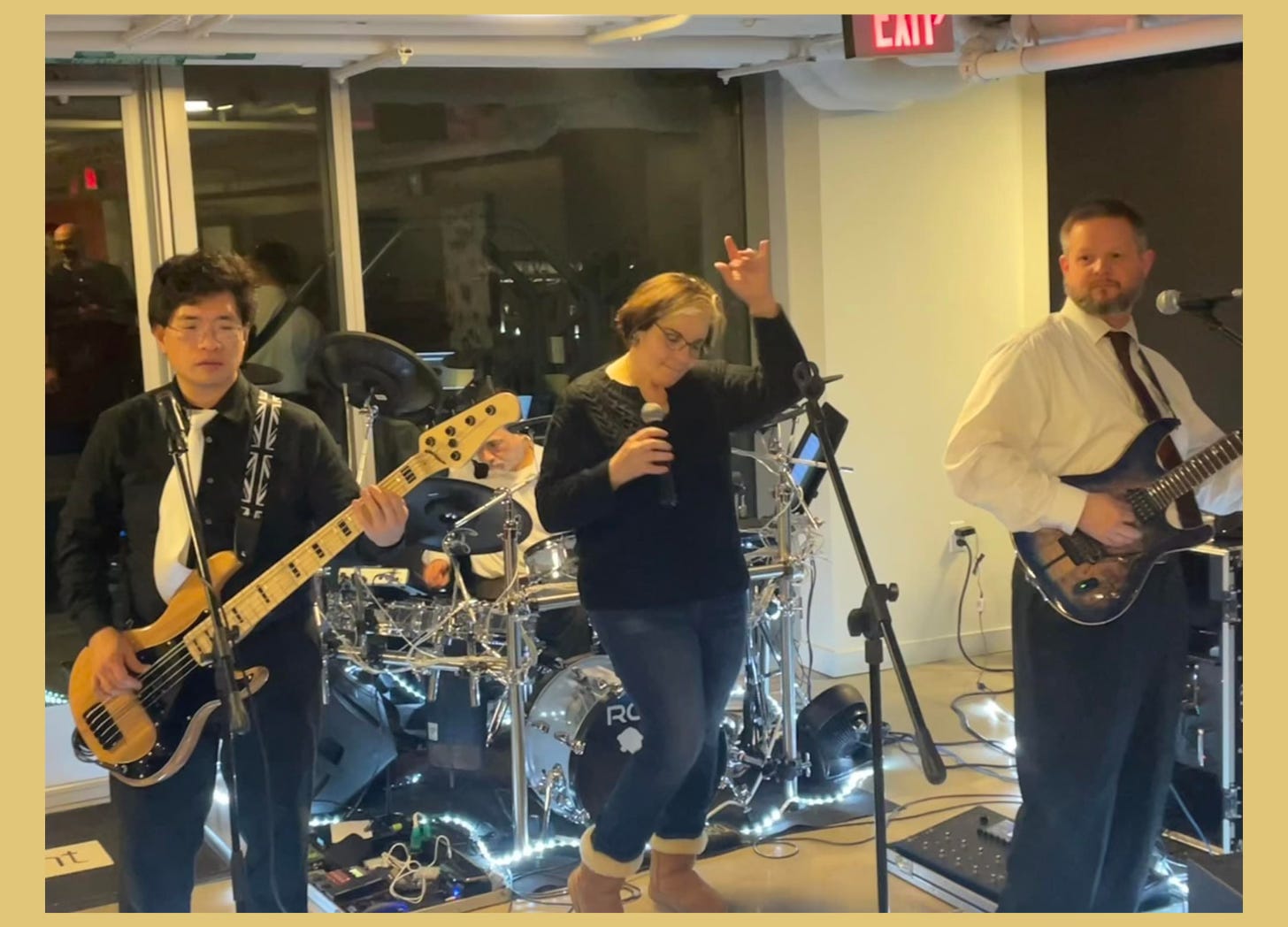December 10, 2022
I’m neither. I don’t need to dress up who I am in goofiness.
I am not a Boss Babe. I’m a goddamn business owner.
I am not neurospicy—fuck that. (It’s an insult anyway). I’m Autistic. This is what autism can look like in 50-year-old over-privileged white ladies. Surprise!
Also I’m fat. Just fat. Not pleasantly plump or plus-sized or some other cute term.
I’m a queer, fat, Autistic, business owner.
It’s cool. We are all adults here. We can use grown up words.
When you come up with cutesy terms to replace definitions, what you are actually doing is reinforcing the dominant paradigm.
Here’s my fat friend Aubrey Gordon on this topic:
“In the process of disavowing the word, we reinforce all of those negative meanings, and we reveal our own unquestioned assumptions about what it means to be fat.…Rather than focusing on the needs of the people who are most marginalized by anti-fat bias, we center our own discomfort. We assume that others share our myriad and multifaceted negative assumptions and preconceptions about being fat. And in assuming, we perpetuate those negative stereotypes, relegating the word fat—and, consequently fat people’s experiences—to that which cannot be named, much less remedied.”
The term ‘neurospicy’ is self-hatred dressed up for a masquerade ball. Are you dyselxic, autistic, ADHD, bipolar? Just say what you mean and mean what you say. Don’t be cutesy about it.
How do you feel about the term ‘neurospicy’? Tell me about it in the comments!
*Background note: Most people only have a vague (often, highly stereotyped) version of autism in their minds and believe that autistic children need (traumatic) ABA therapy to "overcome" their disability and appear "normal." After receiving an autism diagnosis in her thirties, Dr. Angela Lauria realized that she too had been mostly unaware of what it means to be Autistic. Like so many people, she started her journey by first gathering information and resources from the omnipresent (and problematic) Autism Speaks, but eventually moved away from the 'autism community' in favor of the 'Autistic community,' where she found kinship with other Autistic individuals and learned to let go of pathologizing language like 'autism spectrum disorder' and 'Asperger's Syndrome.' This autism blog (and her autism podcast, "The Autistic Culture Podcast") is meant to share her lived-experience insights to support others on a similar journey of diagnosis, understanding, and community. Embrace Autism--differences are not deficits.





